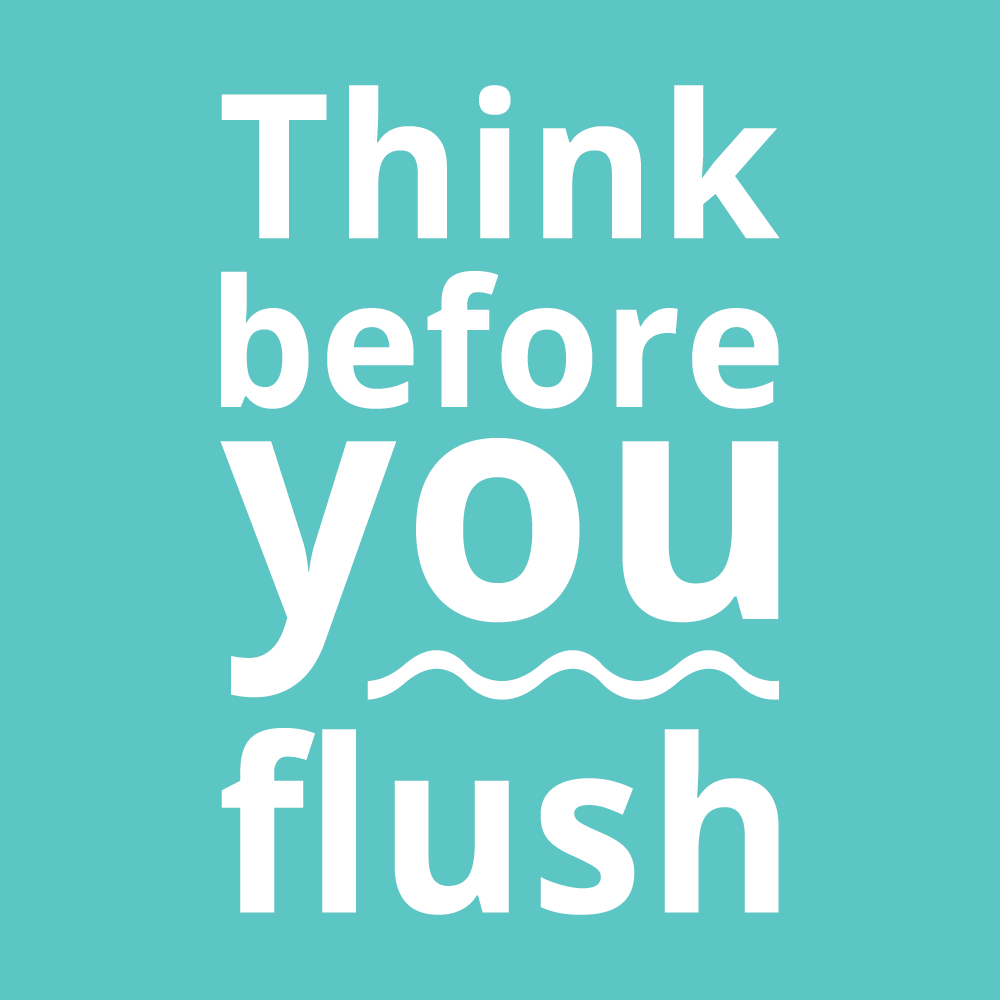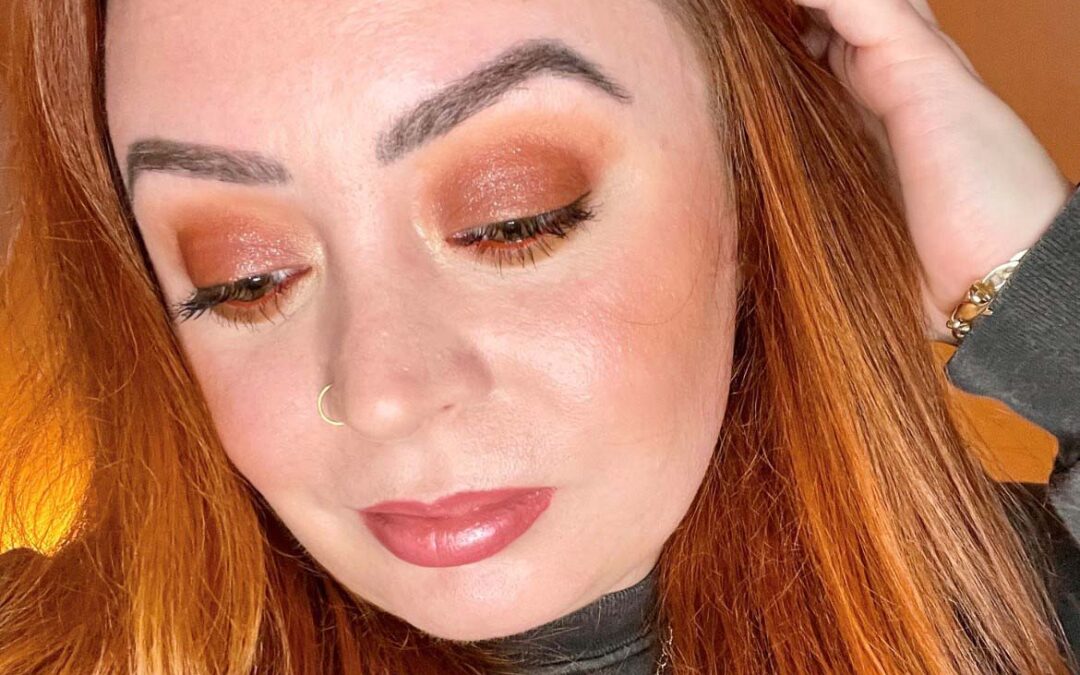Gemma of Beautynook and the Think Before You Flush campaign are urging the people of Dublin not to flush unsuitable items like wet wipes and cotton pads down the toilet.
On Friday 19th March 2021, Gemma, a Dublin based blogger with a major passion for anything beauty related, is teaming up with the Think Before You Flush campaign to invite the people of Dublin to make small changes in their flushing behaviour. Gemma shares why flushing unsuitable items like wet wipes and cotton pads down the toilet is problematic, as well as some tips as a make-up artist on her social media accounts: @beautynookie on Instagram and Beautynook on Facebook.
There’s no denying wet wipes are incredibly useful. Many people love the convenience of disposable makeup remover wipes but are unaware of the problems associated with these single-use items. As well as coming in plastic packaging, many baby wipes, facial wipes, and antibacterial wipes contain some form of plastic. Unfortunately, plastic in wet wipes doesn’t just disappear when you dispose of them– plastic’s biodegradability is low, meaning it can take hundreds, if not thousands of years to break down. A recent study conducted in Galway, Clare and Mayo by Scientists from Earth and Ocean Sciences and the Ryan Institute at NUIG, found that 50% of wipes labelled as ‘flushable’ were actually made of plastic and were not biodegradable.
Why #ThinkB4UFlush?
Unlike toilet paper, which is designed to disintegrate quickly in our pipes and sewage systems, the synthetic materials in wipes makes them very strong and unable to break down. When wipes are flushed down the toilet it causes blockages in our wastewater network, pumping stations and treatment plants. They can also end up on our beaches and in our oceans, damaging our marine environment. Think Before You Flush is a public awareness campaign operated by Clean Coasts in partnership with Irish Water, addressing the issue of flushing these unsuitable items down the toilet. Other problem items include cotton buds, dental floss and sanitary products, many of which also contain plastic and should never be flushed.
Dublin, as well as having the River Liffey flowing through it, is a stone’s throw from some of the most diverse and spectacular coastlines in the country. Local beauty blogger Gemma of Beautynook shares her make-up removal routine that she has adopted in an effort “to help the environment and save a few bob as well”. Gemma made the switch to reusable cotton pads a year ago and says she hasn’t looked back since. She continued “these are super handy and means I’m using something that can be used time and time again. If you make these couple of changes that I have made, you don’t need to use face wipes or cotton pads. Knowledge is key here: when you know better, you do better. Make sure you think before you flush if you do use [single-use wipes/ cotton pads] and put them in the bin because they’re not good for the loo.”
Speaking about the campaign, Sinead McCoy, Clean Coasts said: “Through the Think Before You Flush campaign, we are working with Irish Water to change the nation’s flushing behaviour which will make a difference to our coastal environment. The Think Before You Flush campaign, through education and awareness, aims to prevent items like cotton bud sticks washing up on Ireland’s spectacular beaches. By making small changes in our flushing behaviour we can prevent the harm caused by sewage related litter in the marine environment. We are asking people to dispose of wipes and sanitary waste items in the bin instead of the toilet, this small change can make a big difference.”
Talking about the size and scale of the problem associated with flushing the wrong things down the toilet, Annabel FitzGerald, Irish Water said: “Every day people flush thousands of items such as wet wipes down the toilet instead of simply putting them in the bin. This causes blockages in our network, pumping stations and wastewater treatment plants. Ringsend wastewater treatment plant is the largest treatment plant in Ireland, treating 40% of Ireland’s wastewater load. We remove approximately 60 tonnes of wipes, sanitary products and other items from the screens at the inlet to the wastewater treatment plant every month. A simple solution to preventing such blockages is to only flush the 3 P’s – pee, poo and paper down the toilet and throw wipes and other sanitary products in the bin.”
What can you do?
- Put a general waste bin in your bathroom – This small but hugely beneficial action will reduce the likelihood of wipes and other sanitary related litter ending up in the toilet and causing blockages. You can even download some of our Think Before You Flush resources and stick them up as a reminder.
- Switch to reusable options – Another impactful action to reduce your reliance on single-use items like wipes is to switch to reusable alternatives like a facial cloth. For a zero-waste option, you can make your very own DIY make-up remover or toner too.
- Switch to plastic-free wipes – In circumstances where you must use wipes, look for wipes that don’t contain plastic and always dispose of these wipes in the general waste bin when you’ve finished with them and never down the toilet.
Join the campaign at www.thinkbeforeyouflush.org and follow @CleanCoasts on social media.

